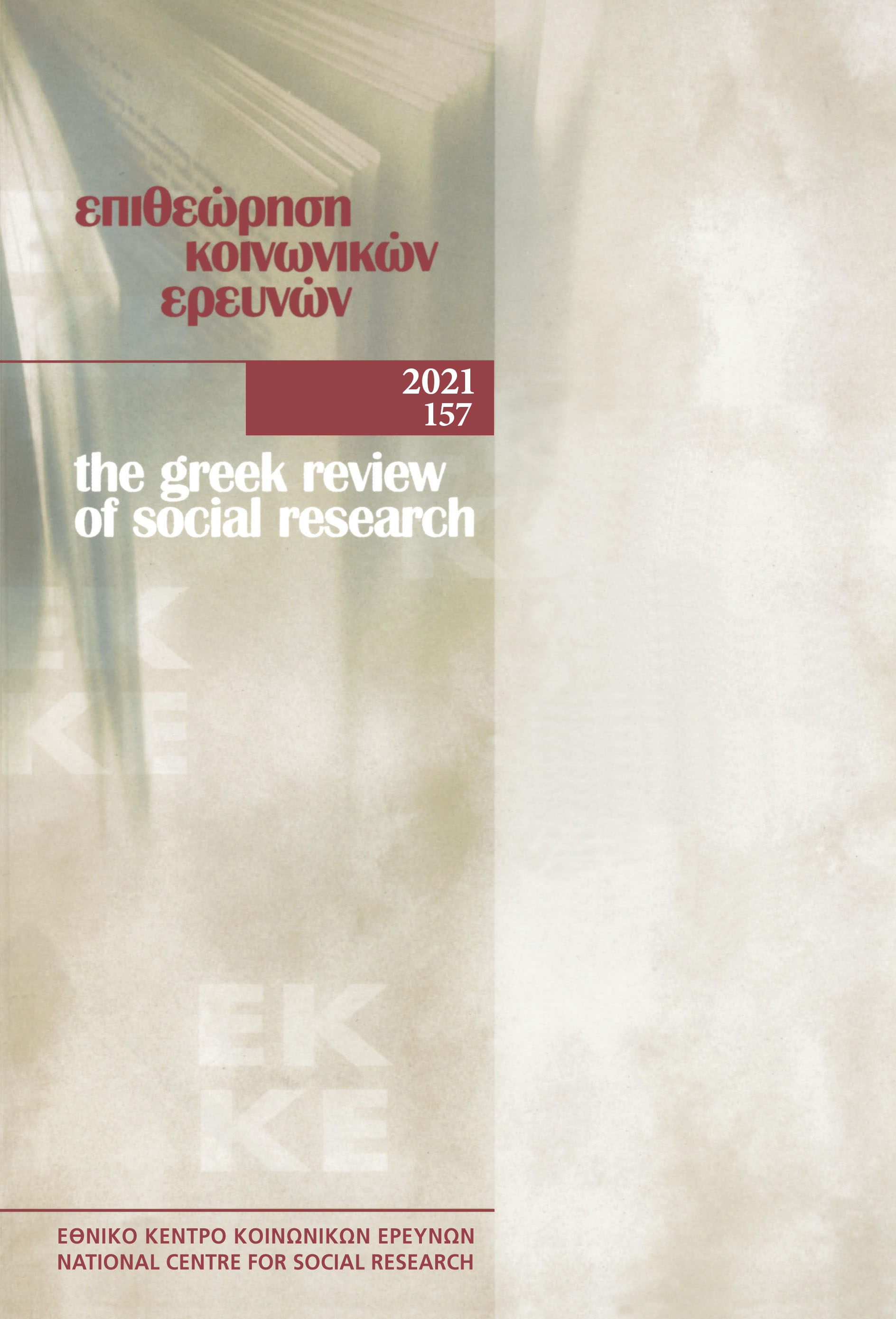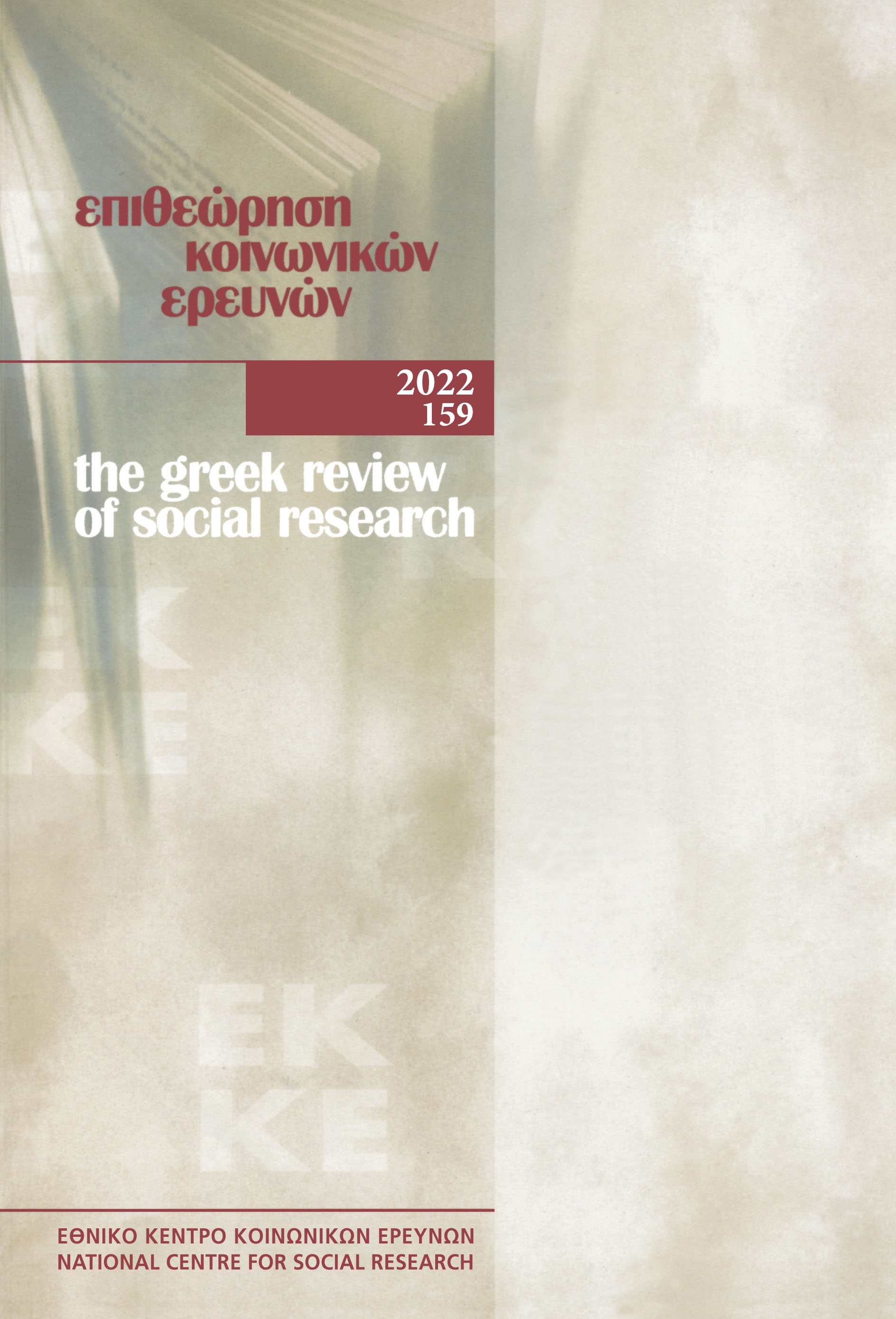Ticket to Brussels. One-way or Return? Profiles and typology of Greek MEPs, 1981-2019

Abstract
This article analyses the socio-demographic characteristics of all Greek MEPs elected to the European Parliament in the nine European elections from 1981 to 2019. We present new data on Greek MEPs and explore whether the demographic characteristics of those elected after 2014 (when the method of selecting candidates changed) and their social and political capital are different from the attributes of the previous Greek political class. We then move on to explore the relationship between the national and the European parliaments, questioning the extent to which the European Parliament functions as a starting point for political careers in the national arena, and whether it serves as a field for the emergence of a ‘supranational elite’, with distinct characteristics from those of the domestic elite, or whether it is a form of golden retirement for the domestic elite. Based on the available data, we propose a typology of Greek MEPs and analyze the specific characteristics of each type.
Article Details
- How to Cite
-
Kakepaki, M., & Karayiannis, Y. (2021). Ticket to Brussels. One-way or Return? Profiles and typology of Greek MEPs, 1981-2019. The Greek Review of Social Research, 157, 157–181. https://doi.org/10.12681/grsr.27621
- Issue
- 2021: 157
- Section
- Articles

This work is licensed under a Creative Commons Attribution-NonCommercial 4.0 International License.
Authors who publish with this journal agree to the following terms:
- Authors retain copyright and grant the journal right of first publication with the work simultaneously licensed under a Creative Commons Attribution Non-Commercial License that allows others to share the work with an acknowledgement of the work's authorship and initial publication in this journal.
- Authors are able to enter into separate, additional contractual arrangements for the non-exclusive distribution of the journal's published version of the work (e.g. post it to an institutional repository or publish it in a book), with an acknowledgement of its initial publication in this journal.
- Authors are permitted and encouraged to post their work online (preferably in institutional repositories or on their website) prior to and during the submission process, as it can lead to productive exchanges, as well as earlier and greater citation of published work (See The Effect of Open Access).



